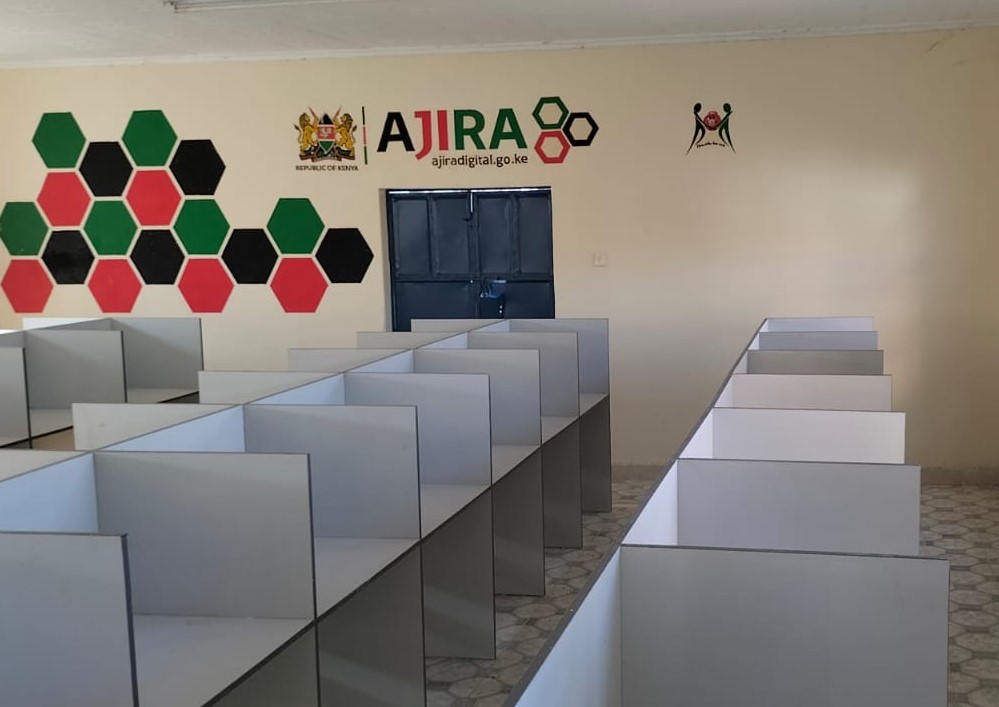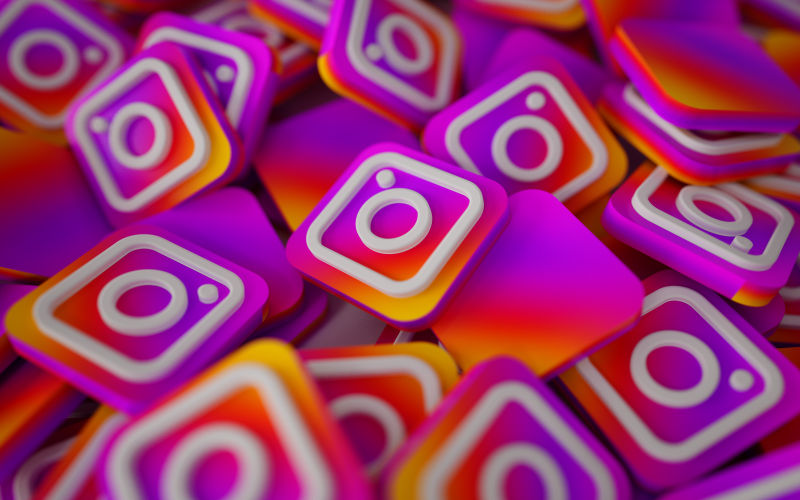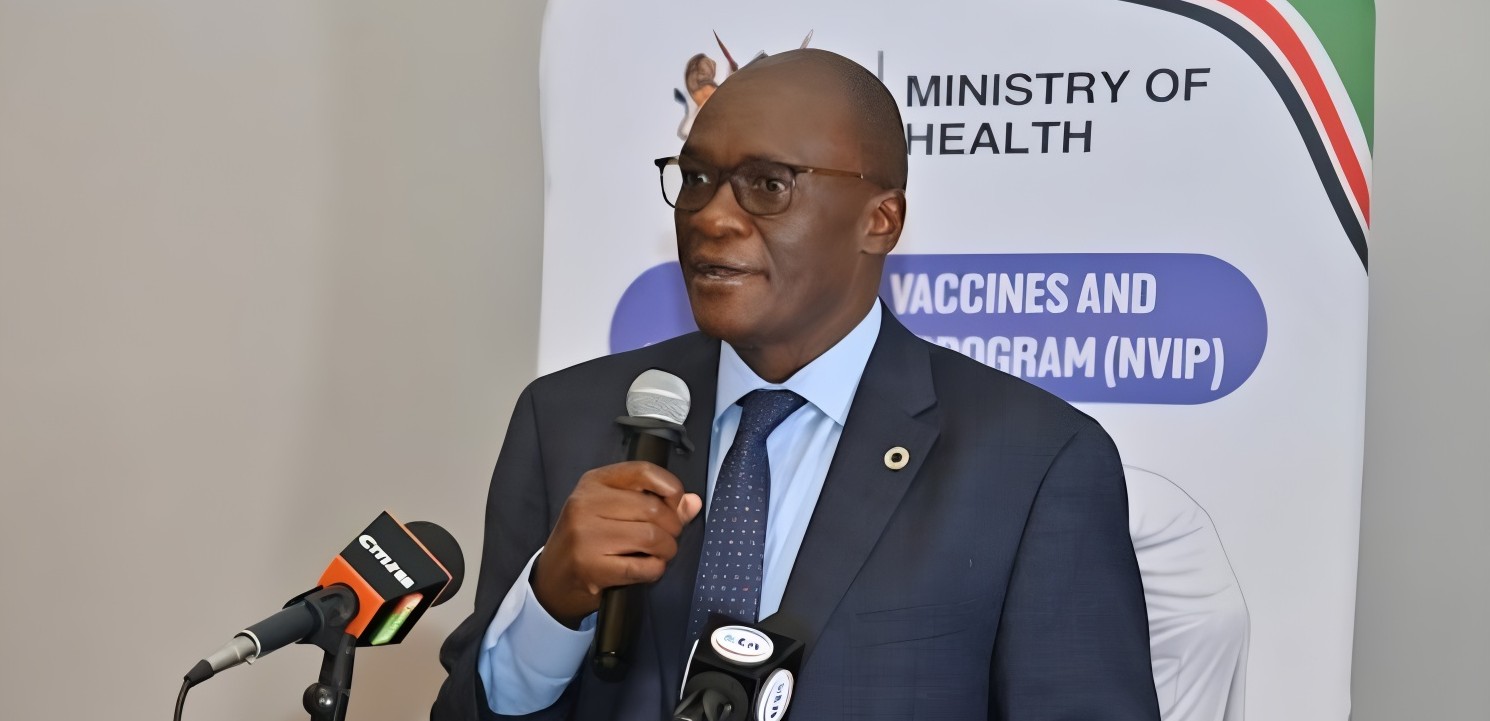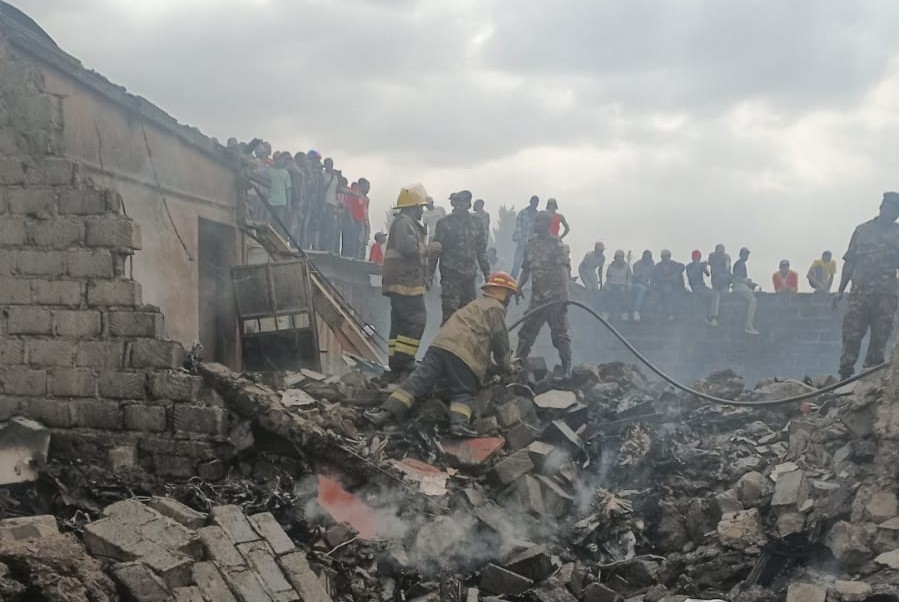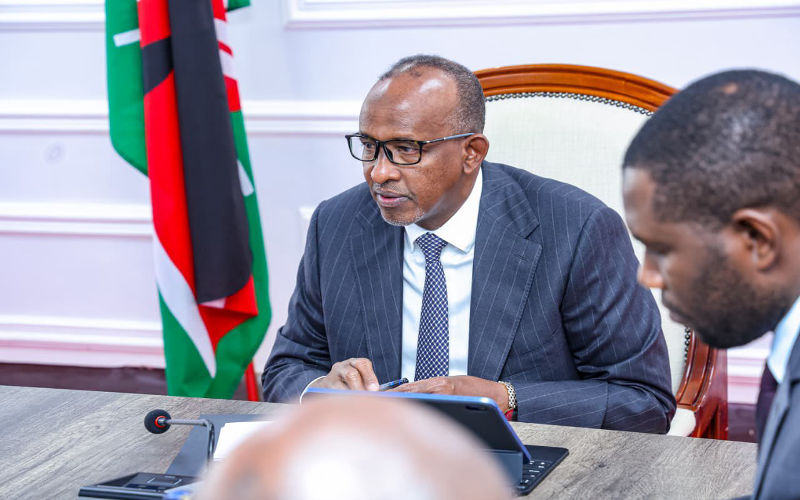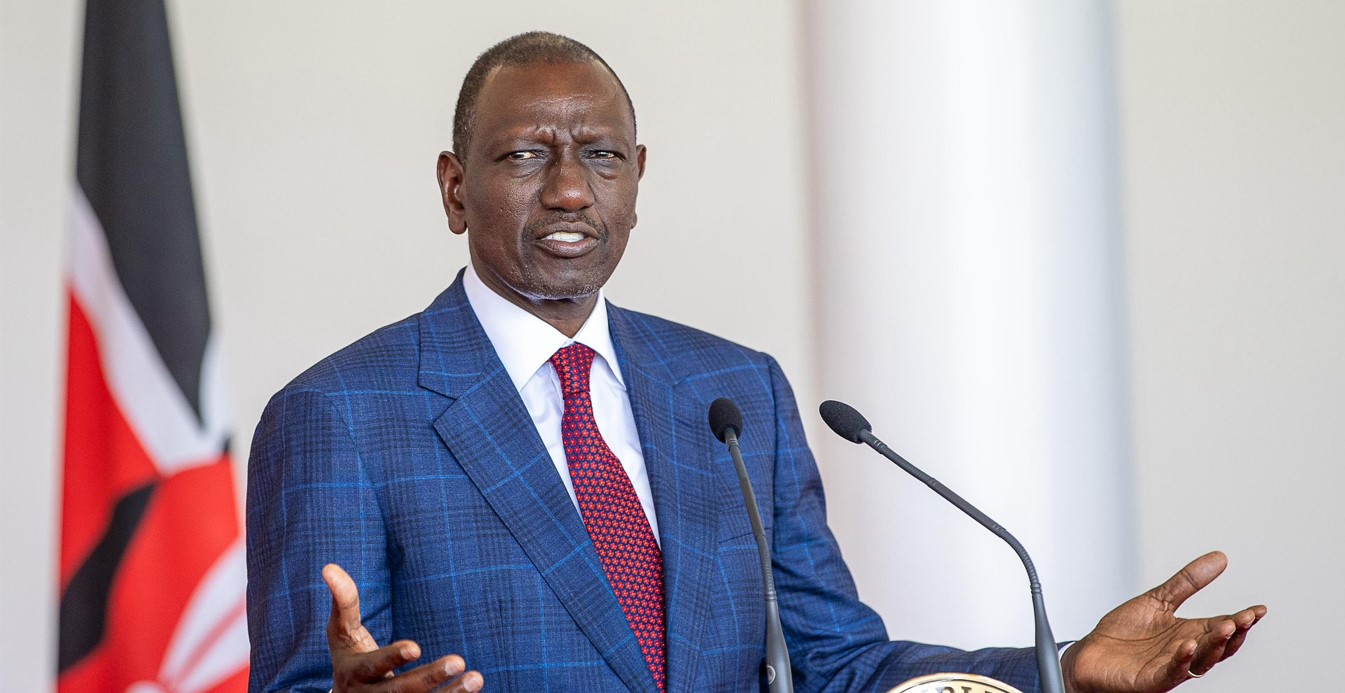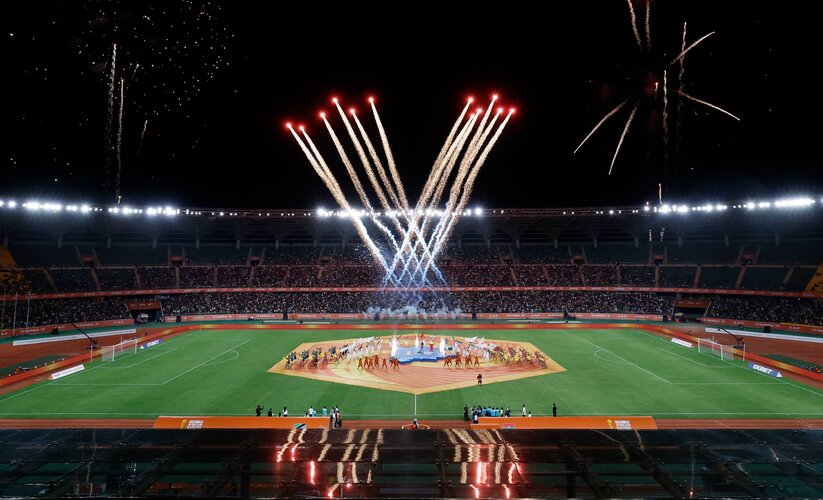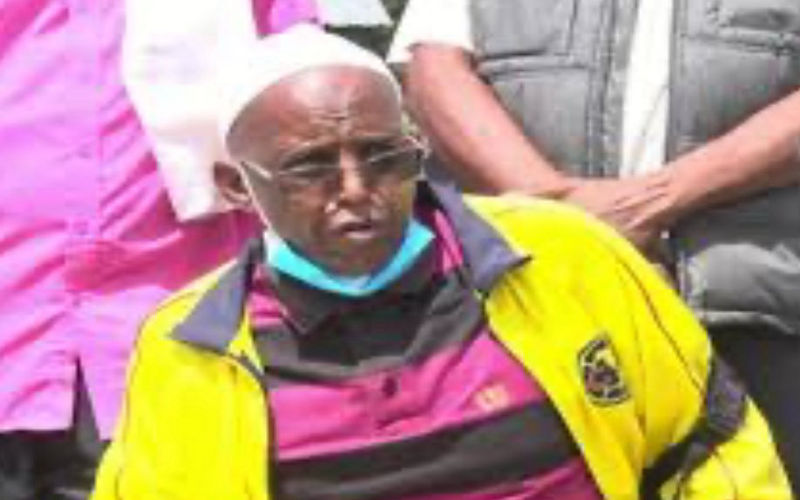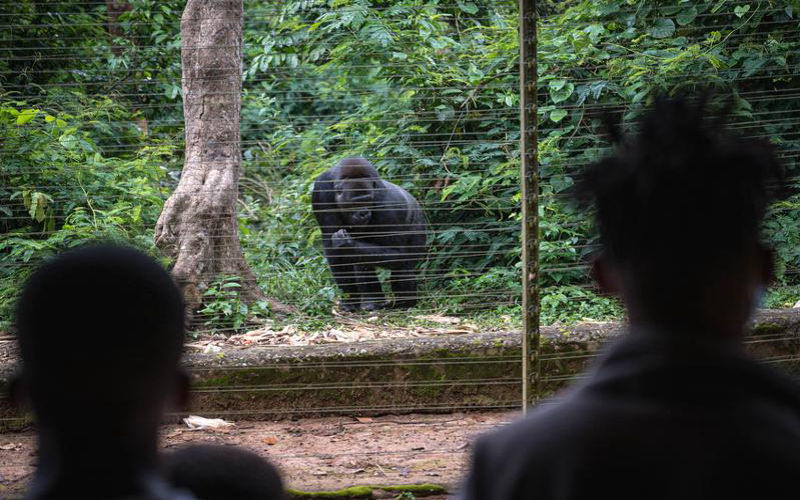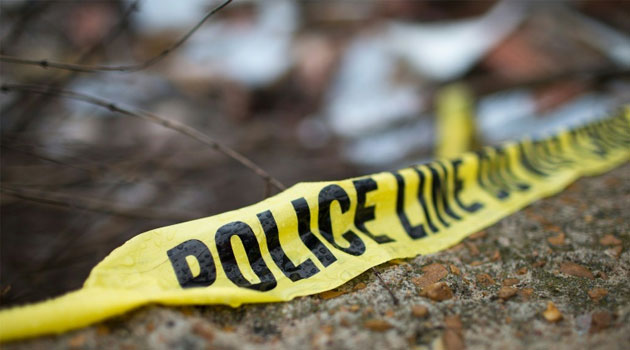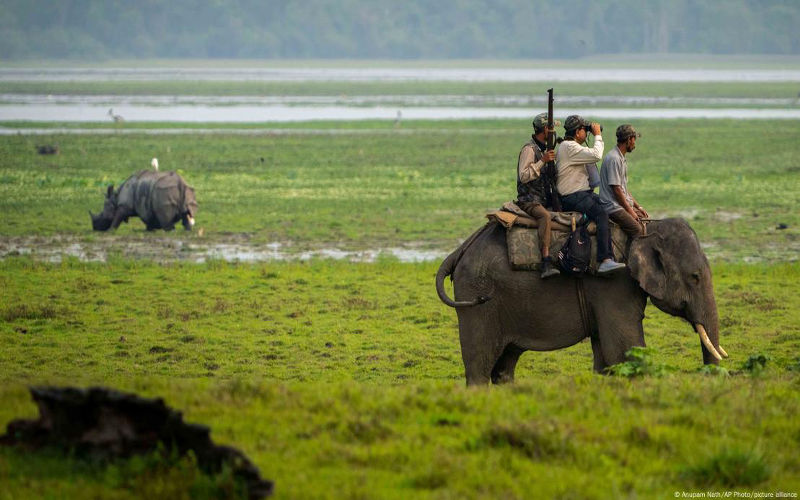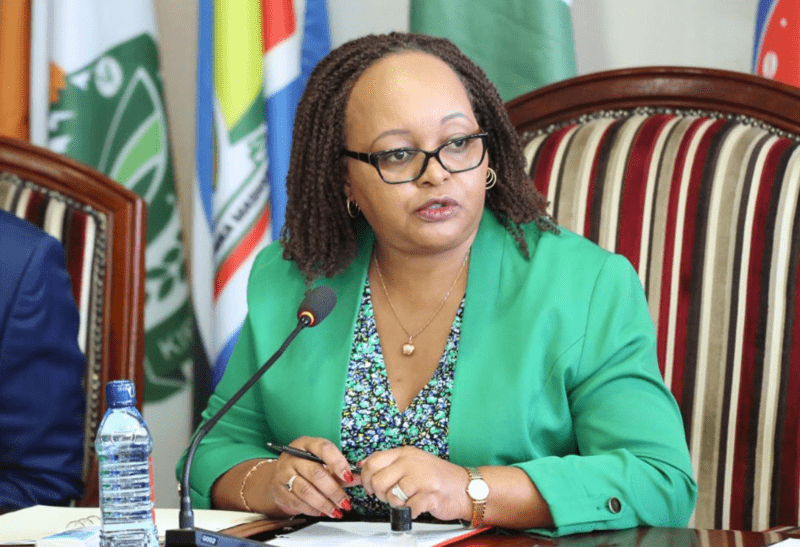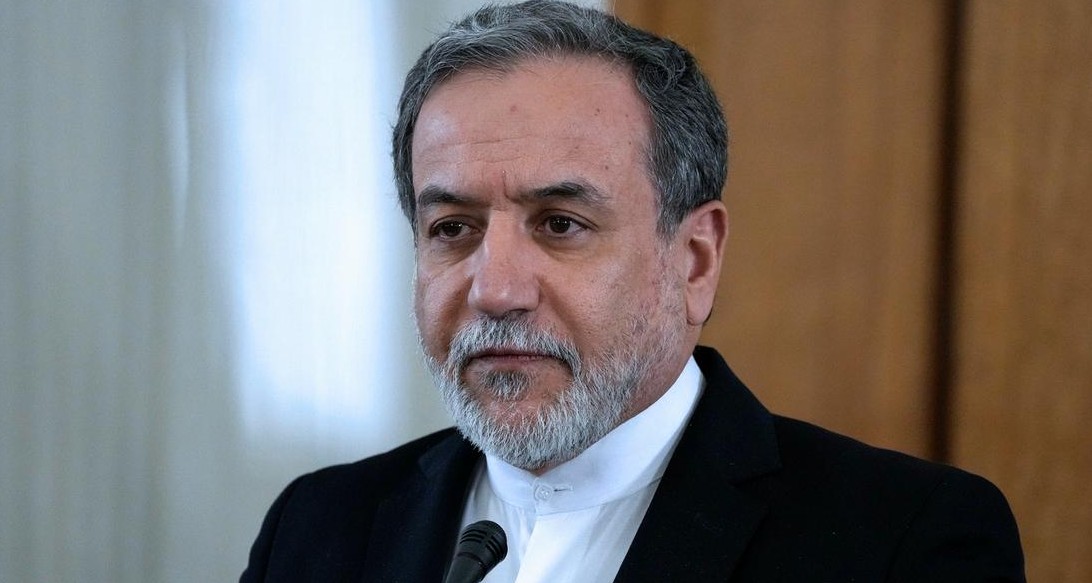Public vaccination of presidents can boost uptake, study finds

The study conducted in the DRC highlights the potential of leaders to act as effective vaccine ambassadors but notes that this strategy only works under specific conditions.
A recent study by Gavi, the Vaccine Alliance, has revealed that the public vaccination of high-profile leaders can significantly increase uptake, provided the leader is trusted and the exercise is widely communicated.
The study conducted in the Democratic Republic of the Congo (DRC) highlights the potential of leaders to act as effective vaccine ambassadors but notes that this strategy only works under specific conditions.
More To Read
- DRC and Rwanda hold first joint oversight meeting to advance peace deal
- DRC opens 124 million hectares to oil exploration, risking endangered species and rainforests
- Kenya to benefit from Sh58 billion global polio eradication fund amid vaccine shortages
- Rwandan President Kagame reignites controversy over Tshisekedi’s rise to power
- Lancet warns of rising disease outbreaks as global childhood vaccination rates decline
- Cholera death toll in Africa surpasses 2,400 as South Sudan, DRC, Angola and Sudan hardest hit
During the COVID-19 pandemic, routine immunisation was disrupted worldwide, leading to outbreaks of diseases like diphtheria, measles, polio, and yellow fever in over 100 countries.
The disruption was due to challenges with vaccine supply and the reduced availability of healthcare workers and was exacerbated by lockdowns, illness, and the diversion of resources to COVID-19. However, declining confidence in vaccines also played a significant role, with hesitancy becoming a major threat to global health.
The study focused on the DRC, where vaccine confidence significantly declined during the pandemic.
Africa was already lagging in universal vaccination coverage but the DRC saw particularly low rates of COVID-19 vaccination.
By March 2022, only 5.7 per cent of the population had received at least one vaccine dose, and just 1.03 per cent were fully vaccinated. This was attributed to several factors, including low confidence in COVID-19 vaccines, limited healthcare services, poor transport infrastructure, and concerns about the safety of the AstraZeneca vaccine.
“Aside from rumours and conspiracy theories, the low vaccination rate was compounded by the country’s limited healthcare infrastructure, low numbers of health workers and broader governance issues, including rampant corruption and political instability," the survey report states.
Additionally, broader governance issues, such as rampant corruption and political instability, further hindered vaccination efforts.
The research aimed to understand whether the public vaccination of DRC President Felix Tshisekedi could influence vaccine uptake.
Conducted in September 2021, the survey involved 600 participants from six villages in the remote Lubero territory of North Kivu province. The area is characterised by poor public infrastructure and limited access to the media, and at the time of the survey, COVID-19 vaccines were not yet available in the region.
The survey checked respondents’ willingness to get vaccinated by asking the question “Let us assume a vaccine against Coronavirus was available for you, would you take it?.”
Answers were given on a four-point Likert scale, the options being certainly, probably, probably not, certainly not).
Before Tshisekedi's vaccination, respondents were asked if they would take a COVID-19 vaccine if it were available. While 98 per cent had vaccinated their children against other diseases, only 22 per cent indicated they would accept the COVID-19 vaccine, a hesitancy that was largely due to a general lack of trust in the vaccine and fear of side effects.
Additionally, only 17 per cent of respondents trusted the president to represent the best interests of the Congolese population. Low phone ownership and media access were also noted, with 91 per cent not watching television and 57 per cent not listening to the radio in the week before the survey.
The study found that trust in the president moderated the impact of his public vaccination. Among those who trusted Tshisekedi, the prompt about his vaccination increased vaccine acceptance by 25 percentage points.
Conversely, for those who mistrusted him, vaccine acceptance decreased by 6 percentage points.
Tshisekedi's vaccination was broadcast live on television but only 18 per cent of those interviewed afterwards were aware of it. However, awareness of the president's vaccination increased acceptance by 20 percentage points among respondents with similar socio-economic profiles, media access, and trust levels.
The survey report stated, “We find that 168 out of 173 global leaders (97 per cent) explicitly supported the vaccination campaign. Most of them (80 per cent) also made public that they received a COVID-19 vaccine, and 78 per cent of those vaccinated publicised the news with a picture or video. We can therefore conclude that most global leaders thought it was important to communicate their vaccination status to the public using more than words."
It added, "Our findings demonstrate that the impact of a political leader’s role modelling is moderated by trust and depends on media outreach and access. When trust in leaders is lacking, or news on their actions is inaccessible, alternative ambassadors and effective communication methods become crucial in motivating and informing the public."
Before you go, how about joining our vibrant TikTok and YouTube communities for exciting video stories?
Top Stories Today
